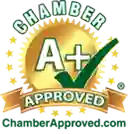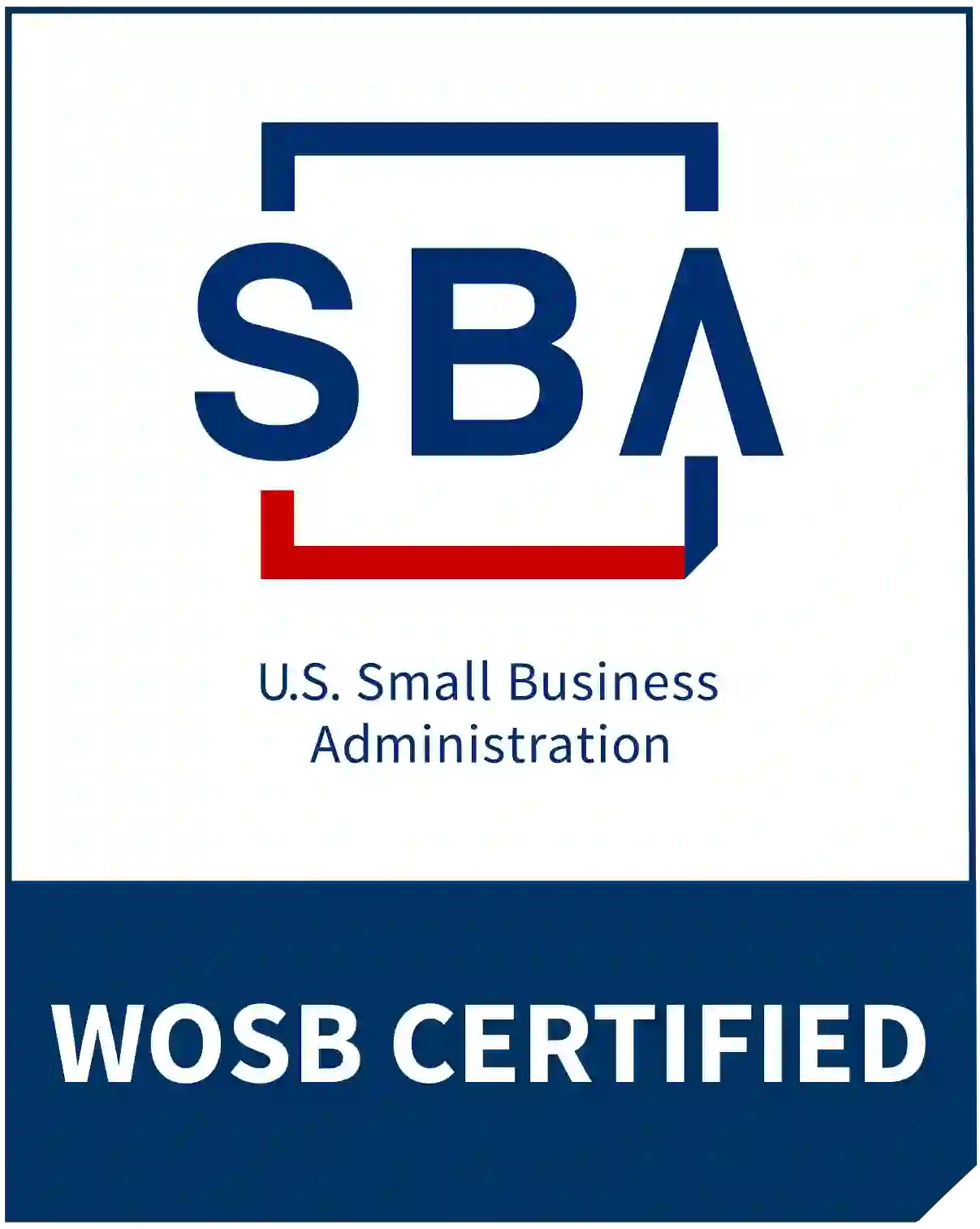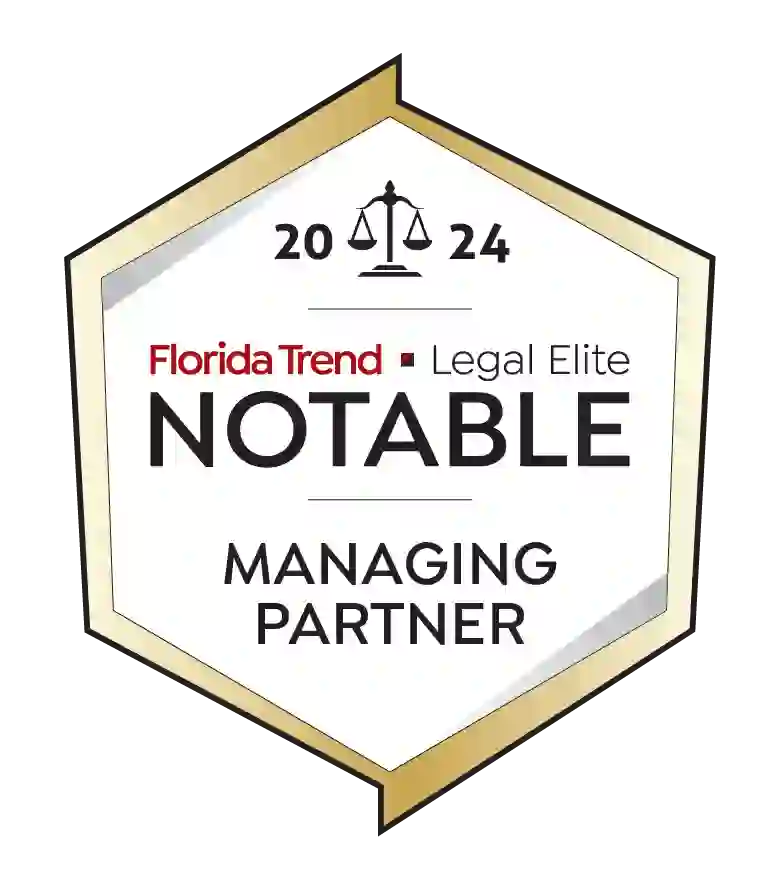
I had my consultation with the attorney Jose Leon for an Estate Planning case, I wasn't sure if I needed a will or a trust or what does doing a ladybird deed entails, the attorney was able to clarify my doubts regarding the case and he answered all my questions, ... Read More
Alejandra Palma

I highly recommend The Florida Probate &Family Law Firm for their exceptional estate planning services. Their expertise and personalized approach made the process smooth and stress-free. From start to finish, they listened to my needs, provided clear explanations, and ensured my estate plan was comprehensive and tailored to me. The ... Read More
Johana Canales

The team at this law office is fantastic! They helped us through complex family matters, ensuring our estate planning was comprehensive and that our guardianship arrangements were sound. Their commitment to client care is evident, and I felt valued and respected throughout the entire process. ... Read More
Mercie Tatiana Ordoñez Garcia

I recently worked with Florida Probate and Family law firm on my estate planning, and I couldn’t be happier with their service. They took the time to explain everything clearly and made sure I understood my options. Their professionalism and attention to detail gave me complete peace of mind. The ... Read More
David Castro Tinoco

The attorney was incredibly professional, I have a consultation with Carling and she carefully explained each phase of the process. They made what seemed like a complicated situation much easier to grasp and gave clear advice on managing the estate. ... Read More
Katherine Rodriguez

I had the pleasure of meeting with Yudy on behalf of my mom for a free 30-minute consultation regarding some estate administration concerns. From the moment we spoke, it was clear that she is not only highly knowledgeable but also incredibly kind and patient. She took the time to listen ... Read More
Kristin Thakkar

The best law firm ever! Samah is such an incredible attorney. She was there every step of the way to help me with my legal issues. If you’re ever in need of legal assistance, this is the place to go to. I HIGHLY RECOMMEND!!!! ... Read More
Deanna Darwish

It was a pleasure working with Samah! Not only is she an excellent attorney, but it is evident that she is extremely passionate about the work she and her firm do. My parents contacted her about a legal matter, and she made sure to answer all of their questions and ... Read More
Remy K.

This law firm is the best in town! Very professional and quite helpful. They're always available, responsive, and on top of every single step. Samah deals with every case diligently and efficiently. Highly recommend this firm. Seriously, no need to look around, they're the best! ... Read More
Hanin Kamal

Thorough and insightful estate planning assistance. This firm goes above and beyond to ensure that your assets are protected, and your wishes are clearly documented for future generations. ... Read More
Carlos Paz

I had a fantastic experience with this firm. The team of attorneys was incredibly knowledgeable, professional, and attentive to my legal needs. From the initial consultation with attorney Jose to the resolution of my case, they provided excellent guidance and support. ... Read More
Corey Wright

We have trusted Florida Probate & Family law with several referrals on complex Trust litigation, Probate and Family law matters and they have always handed each client with excellence, professionalism and respect. We highly recommend their services ... Read More
Robinson Casey

I had the privilege of working with recently Samah, and I cannot speak highly enough of her exceptional service and expertise. From start to finish my experience with her team was truly outstanding. ... Read More
Kal Kader

Attorney Valeska Casanova- Chacon is an extraordinary human being and professional. She worked on my case from day one, willing to do what was best for me and my family. She is respectful, answered quick to all my questions and advised me with the best solutions for my case. I ... Read More
Melissa Castaneda

I recently had the pleasure of working with The Florida Probate & Family Law Firm, and I wanted to share my positive experience. From the moment I contacted them, I was greeted with kindness and professionalism. The whole team was incredibly knowledgeable and took the time to understand my specific ... Read More
Anthony Avila

Highly recommended!! Samah, Jose, and the entire team is fantastic. I have worked with the firm in representing my most valued clients and they have been responsive, effective, and produced great results. Thank you helping my clients feel at ease and making the planning process a breeze! ... Read More
Kristina Wilson

The office was exceptional in every way. From calling and getting basic information on procedures , to sending forms in, to actually having the appointment , each step was clearly explained to me and so professional ! Everyone in the office was very kind and so helpful to meeting the ... Read More
Noor Masri

Attorney Krizia Toledo and the entire team were very professional. They took care of my case and gave me clear guidance. It is not the cheapest option but you are in good hands. ... Read More
Ricardo Abend Van Dalen

I’ve never had to deal with legal issues and Sam was excellent. Her office is well organized, responsive, and cares. Her paralegal and associates follow up and make sure that you understand how to fill out the initial docs and answer any questions you may have. I spoke to Sam ... Read More
Alaa-Aldeen Abukhdair

We were looking for an attorney that would be able to guide us through the process of Estate Planning and we were fortunate enough to have a family member who highly recommended Samah. From our initial consultation to our very last meeting, we were treated with kindness and respect by ... Read More
Silvia Bolivar

Sam and her team are great. We had a family emergency and they were able to help us after hours and the weekend to ensure everything was taken care of. Another firm would not have accommodated it but we were lucky to find a team that really cared and took ... Read More
Matthew

Such a difficult time dealing with the estate of my son as I live out of state in Arkansas. Samah and the whole staff were so kind, compassionate and professional in helping maneuver the estate process. They answered every question and did a superb job of handling everything. I would ... Read More
Mindy Looney

Super talented, professional, they know their job. Would never go to anyone only to the Florida Probate & Family Law firm exelent job Thank you so much ... Read More
Irma Haddi

Sam and her staff are amazing. They are truly transparent throughout the entire process and make you feel valued at all times, from the beginning to the end. I would highly recommend Sam to anyone looking for professionalism and being assisted like family and not like another number in your ... Read More
Victor A.

Samah and her team were very helpful! I was referred to the Florida Probate and Family law firm by a friend. They guided me through my estate planning. They were honest and transparent about the process giving me a peace of mind. I would highly recommend working with Samah and ... Read More
Michaela Abelgas Olson

From the beginning I felt welcomed. The intake team scheduled my call and listened carefully. Great staff, very communicative. They always take my phone calls and respond to my emails the same day. If you’re looking for an attorney that cares and is dedicated to helping you, you’ve come to ... Read More
Connie Mei

Sam and her team were extremely helpful with my estate planning case! They were very responsive and made me feel comfortable. They were transparent throughout the whole process making me feel calm and reassured. Thank you Sam and team for bringing me a peace of mind! ... Read More
Maricarmen Calo

Samah and her team are very helpful and communicative. They have a very good understanding in probate and estate planning. You can tell everyone on the team is there to help with your problems. If you are looking for a probate attorney in Florida, look no further. They provided me ... Read More
Vance Johnson

Best firm in Miami! So helpful and honest. They really are on their A game! I was referred by my real estate agent and I couldn’t be happier with my decision to bring on Samah and her team. They listened carefully in every meeting we had and helped plan a ... Read More
Leah Valdes

Samah Abukhodeir is an extremely gracious woman. I felt the strength of her professionalism in her thorough attentiveness to overseeing that my needs were met. She patiently helped me understand the process of all proceedings and I felt such gratitude to have her guidance and care. After near nine years ... Read More
Cynthia Wagner

I wholeheartedly recommend This Law Firm to anyone seeking legal representation. Their commitment to excellence, integrity, and client satisfaction makes them a top-notch law firm that you can trust with your most critical legal matters. ... Read More
Reem Kader

I recently had the pleasure of speaking to Melissa, who was so kind and professional. She helped answer all my questions and direct me to the correct people. I am so happy with the work that is done at The Florida Probate & Family Law Firm in Coral Gables. ... Read More
Jocelyn Gonzalez

If you're searching for quality representation The Florida probates and family Law Firm would be the best choice. Samah would go above and beyond for her clients and is the rare attorney who takes the time to learn all the facts of your case. I couldn't be more grateful for ... Read More
Areej Yousef

Called for an initial consultation and I spoke with a young lady called Scarleth and she was very attentive and very respectful. She listened to me vent. She was truly a great first impression of this firm. Everything else ran so smooth! ... Read More
Miguel Lumbreras

I have dealth a couple of times with this law firm and would recommend it highly. Unlike others in the field, they take the time to understand your needs in order to address them professionally and efficiently. ... Read More
Felipe Cuza

I had a case that started simple, and became a horrible nightmare. This firm and Ms. Shapiro guided me with a steady hand and compassionate counsel through dark times. I can’t thank them enough. Highly recommend them. ... Read More
Thomas Claiborne

This firm handled my trust case efficiently. Their outstanding attention to detail were invaluable. I am very satisfied with the results obtained. ... Read More
Fernando Lainez

It was a pleasure working with this firm. Samah is an excellent attorney who is passionate about the work she does. Her fellow attorneys and staff were also extremely helpful through the whole process. The Florida Probate and Family Law Firm is an exceptional firm who truly cares about and ... Read More
Danni Mena

Samah was so friendly and extremely professional. She was able to precisely answer questions we had and point us in the right direction. I felt confident I was getting the same advice she would have given to a family member of hers. I’d highly recommend her for professional and legal ... Read More
Katie Young

Let me start off by saying that I have nothing but AMAZING things to say about this law firm!! After firing my previous attorney (which was an absolute disaster), we decided to hire Florida Probate. Best decision ever! Krizia and Brenda listened to our needs, were knowledgeable and have executed ... Read More
Georgette Robaina

Had a consultation with Samah over the phone. She was so professional and extremely knowledgeable with the law. She guided me on what to do and how to proceed with my case. Her confidence and calmness won me over. She truly cares about her clients and is aggressive for positive ... Read More
Atheer Naif

We had a great experience with Samah and her staff. She was very transparent in what the process was going to be and the possible outcome. We are glad everything worked out well in the time that was initially estimated. We consulted with other firms before and they were all ... Read More
Franco Arias

Samah and her team were great. They helped us through a difficult legal matter and my wife was extremely impressed with the entire intake team of Yasmin, Beatriz, and Danielle. The attorneys and paralegals are also wonderful and truly care. Look no further. ... Read More
Ultra Beauty Supply































